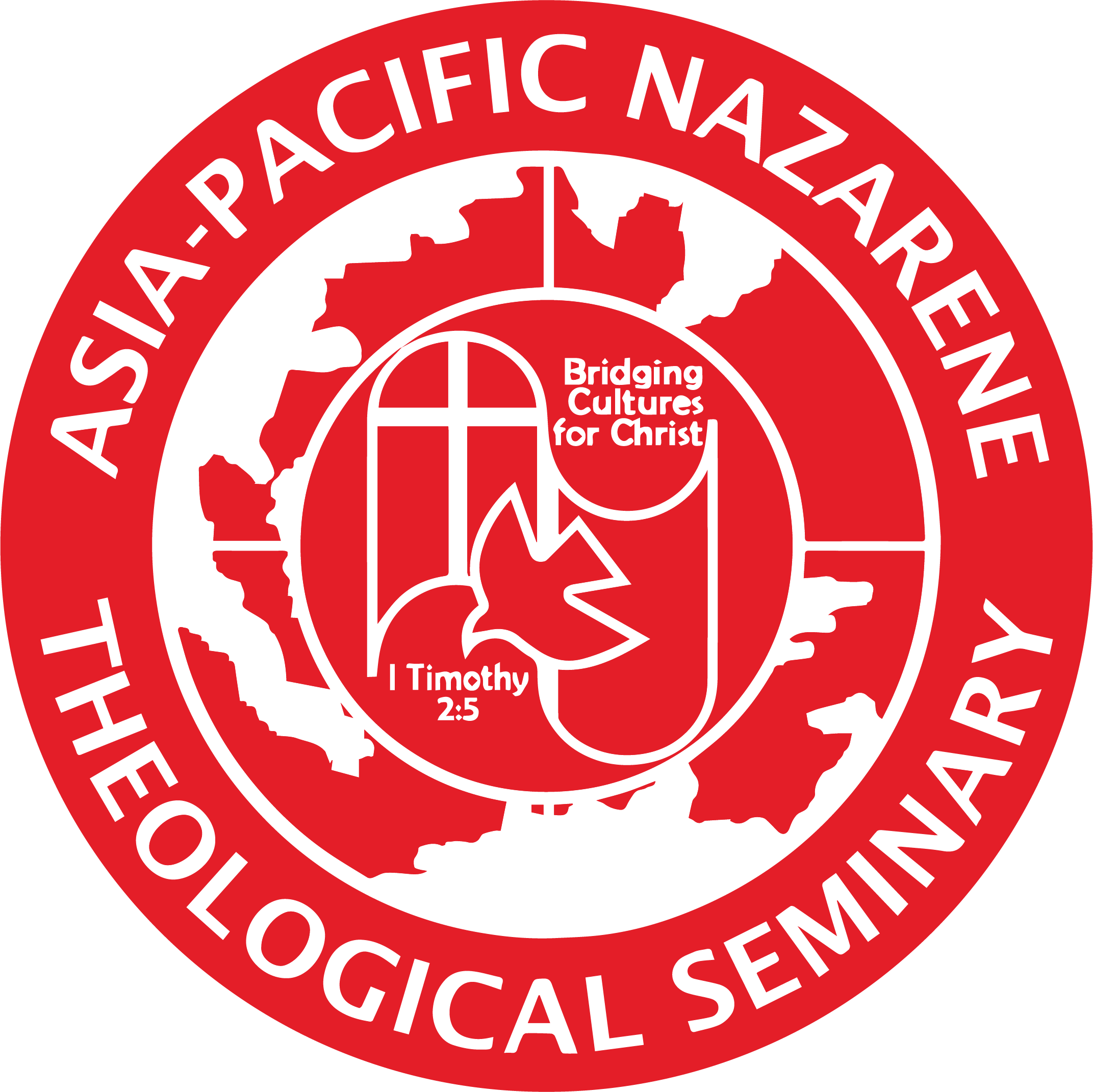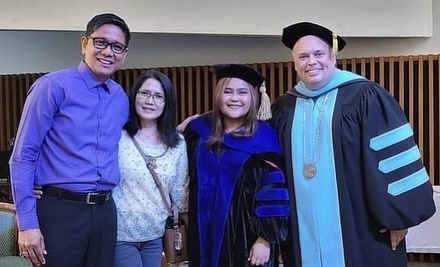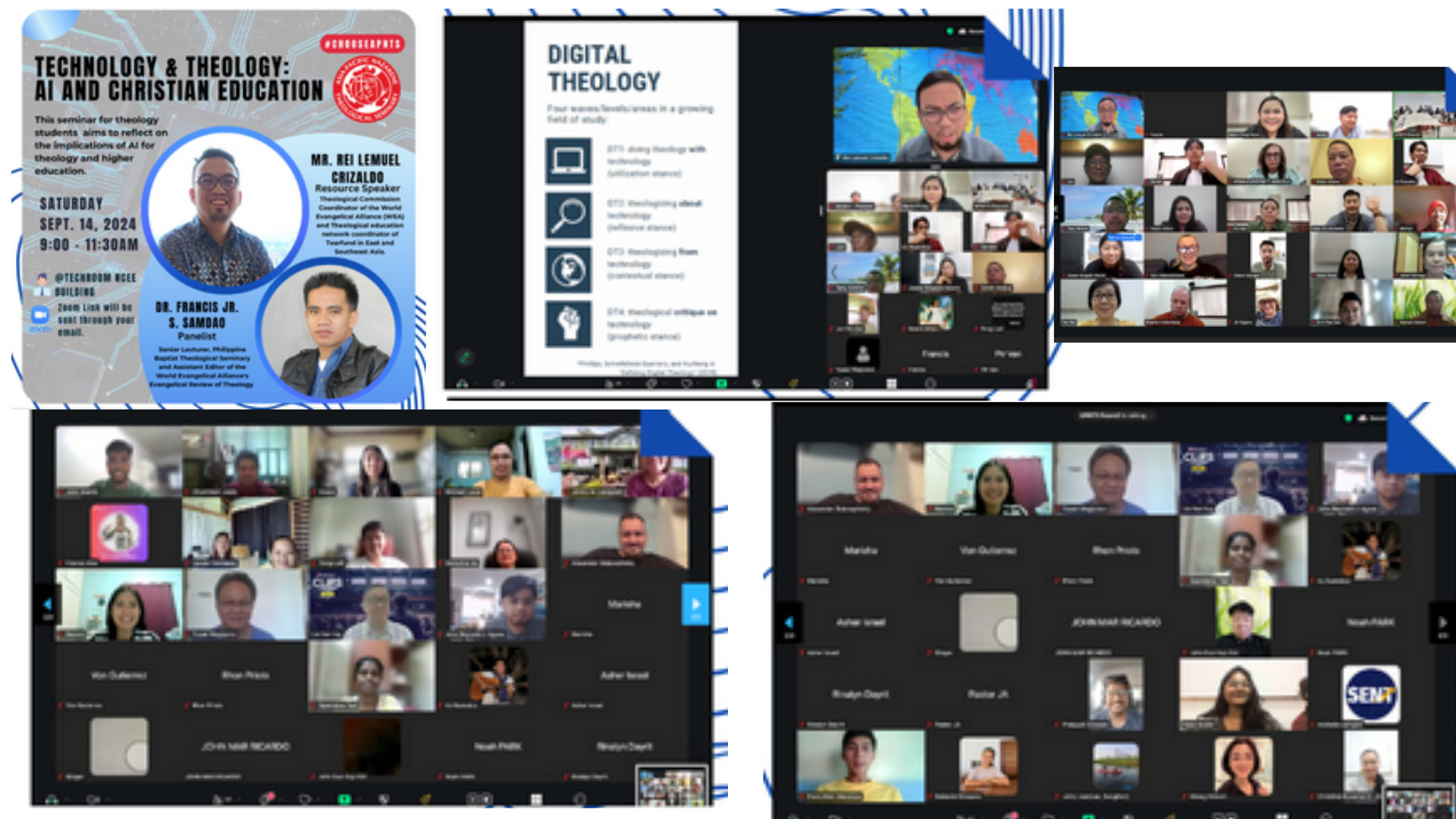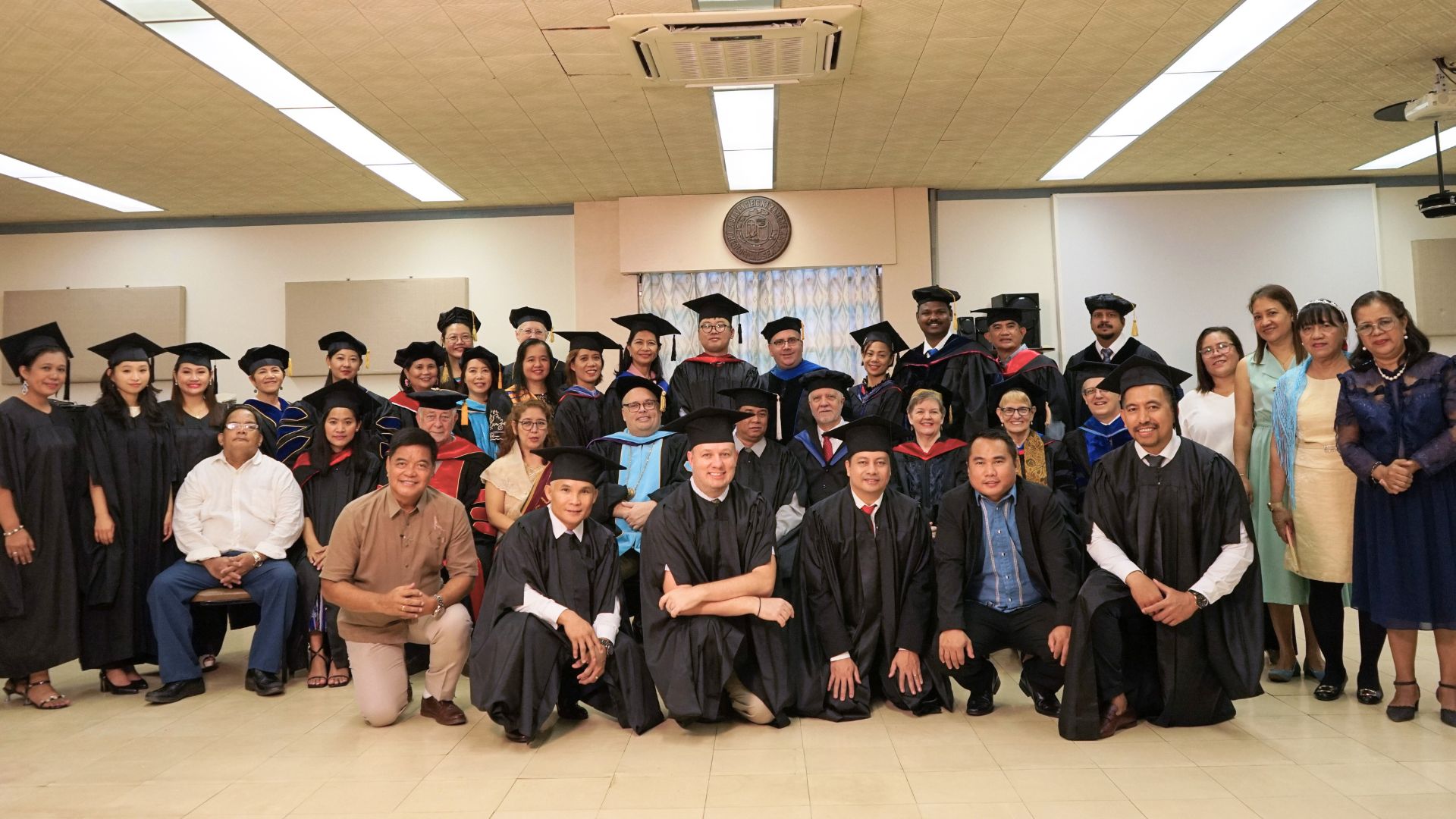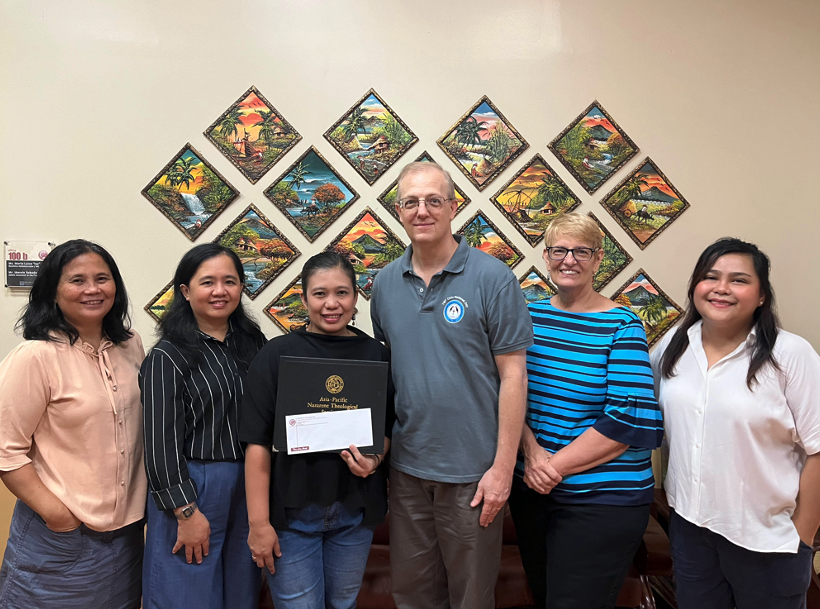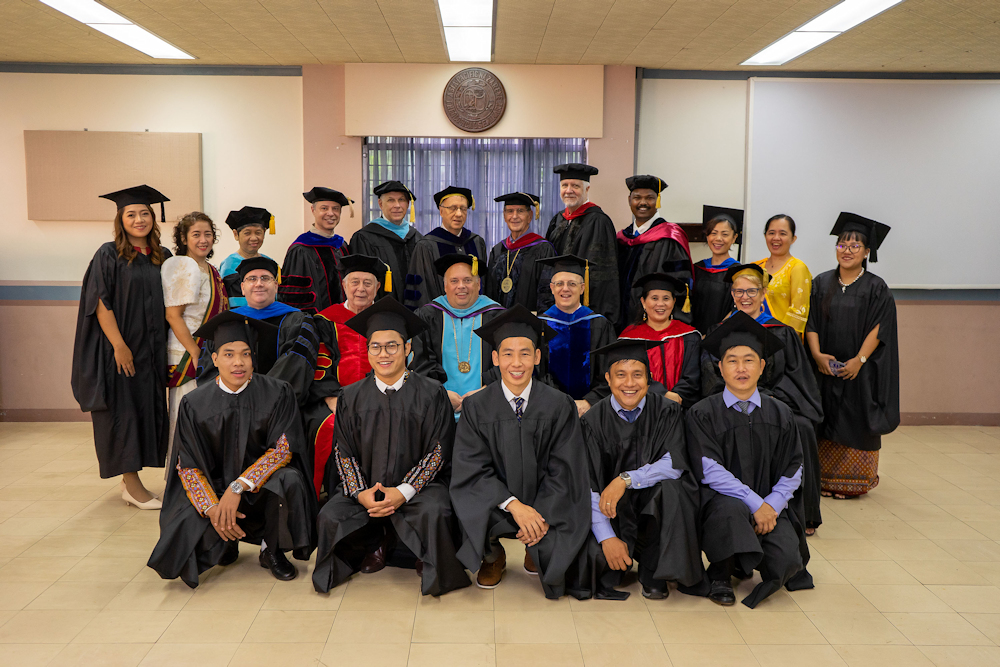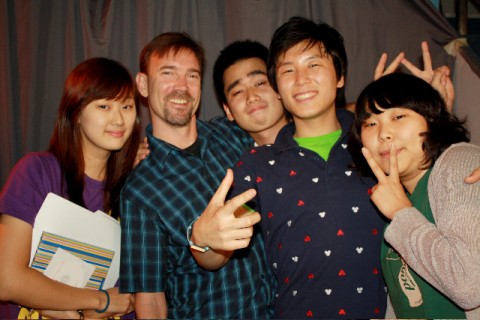
I’ve been blessed to live in Asia (Philippines and Singapore) for nearly sixteen years and have taught several communication courses at APNTS and other schools during this time frame. Through each teaching experience I am reminded that I still have so much more to learn about Christ, culture and communications. My recent stay at APNTS was no exception. This past February to March, I was invited by Professor Kwon Dong Hwan to teach a new course, “Intercultural Communications” for the experimental AP Global Communications Program. The students (my teachers) were twenty-three energetic Korean, undergraduate students from the School of Journalism and Communications at Kyung Hee University (Seoul). The very context for this course (American professor, teaching in English, to Korean students, studying in the Philippines, on an international campus) offered ample opportunities to experience intercultural relationships.
Through my interaction with these students and the campus community I learned afresh the following concepts:
When we look for the positive aspects of any culture, we can find clear examples of “Christ-culture”. I discovered once again that the “collectivistic” Korean culture in many ways displays the biblical call to community. The KHU students bonded together and helped one another throughout their time here. Even when they weren’t eating Korean food, they still continued to eat Korean style, freely sharing and sampling from each other’s plates. What a great example of community! At the same time, this cultural value made it challenging to engage the students in classroom dialogue. Their reluctance to participate openly in class was simply a reflection of their desire to show humility and deference to the group. Hmmm…that sounds familiar. I think it says somewhere in the Bible to consider others more important than ourselves, doesn’t it?
But in the interest of education, I still was determined to find ways to involve them in the class. So I had to learn and adapt my teaching style. Instead of insisting on individual responses, I found it more effective to allow for group presentations. On another occasion, one of the students (“Bono”) taught me the Korean way to get the attention of my students by saying a well-known Korean phrase. I practiced that phrase and wrote it several times on my lecture notes. And at the appropriate time, when classroom chatter began to increase, I whipped out my new linguistic secret weapon – Pak su se-bun sijak! Suddenly, the students all responded in unison with three claps, and their attention was fully mine. Amazing! Finding the appropriate cultural key makes all the difference in developing productive intercultural relationships.
I also found it very refreshing to have students on the APNTS campus from a “secular” university. We who live and work in the “ministry realm” (i.e. on a seminary campus) need to be exposed to different worldviews and lifestyles that challenge status quo Christian religiosity. Many of the KNU students had very honest questions and doubts about Christianity and religion in general. Interaction with them reminds us that our “Christianese” pat answers don’t work in the real world. We must be able to clearly communicate our faith in culturally relevant terms.
And the best way to communicate our faith is through authentic relationship. For this reason, I was so proud of all those on the APNTS campus who volunteered to be tutors. Over and over again, the KHU students commented at how outgoing, friendly and helpful their tutors were. In spite of some of the obvious lifestyle differences, the campus community embraced the KHU students with genuine Christian love. So, for our Korean guests, I would say it was in the context of these relationships — not course content, text book, or even my wonderful lectures — where the majority of their real learning took place. I am convinced that my students now have a much better understanding, not only of intercultural communication processes, but more importantly of our Kingdom values, because Christ culture is best experienced in Christ-honoring relationships.
So, Professor Kwon, APNTS, and Kyung Hee students…thank you once again for this opportunity to be a learner.
